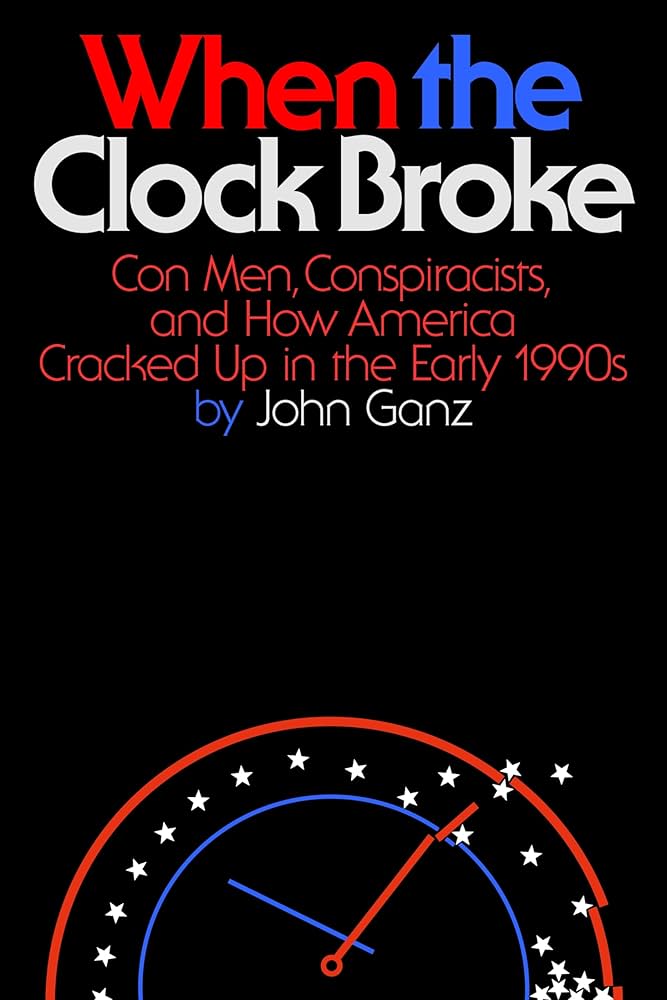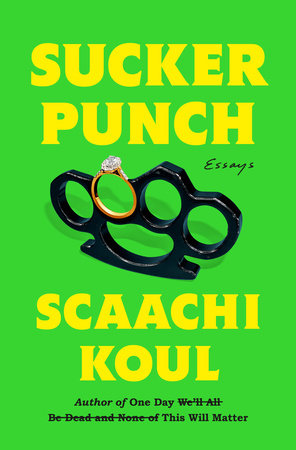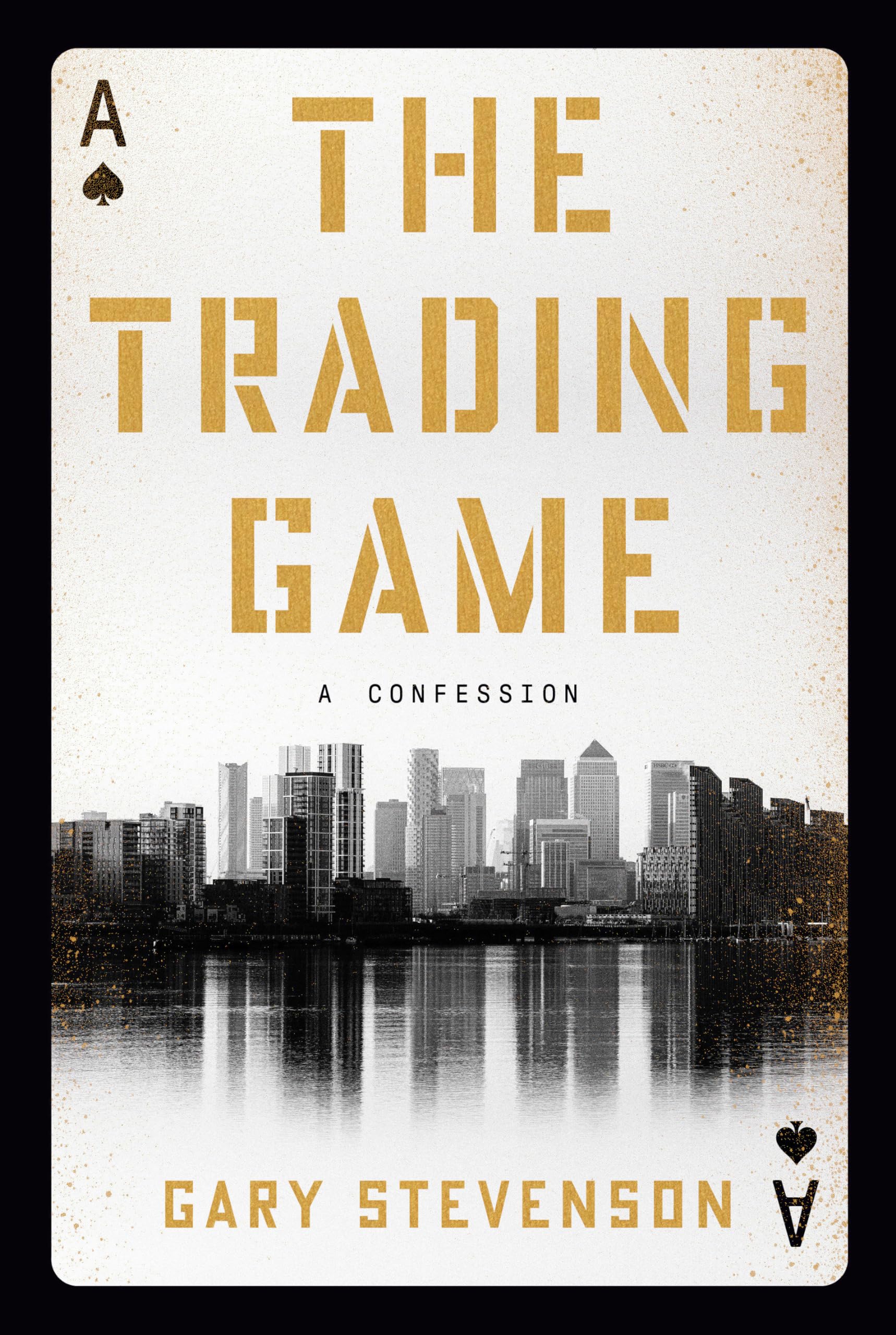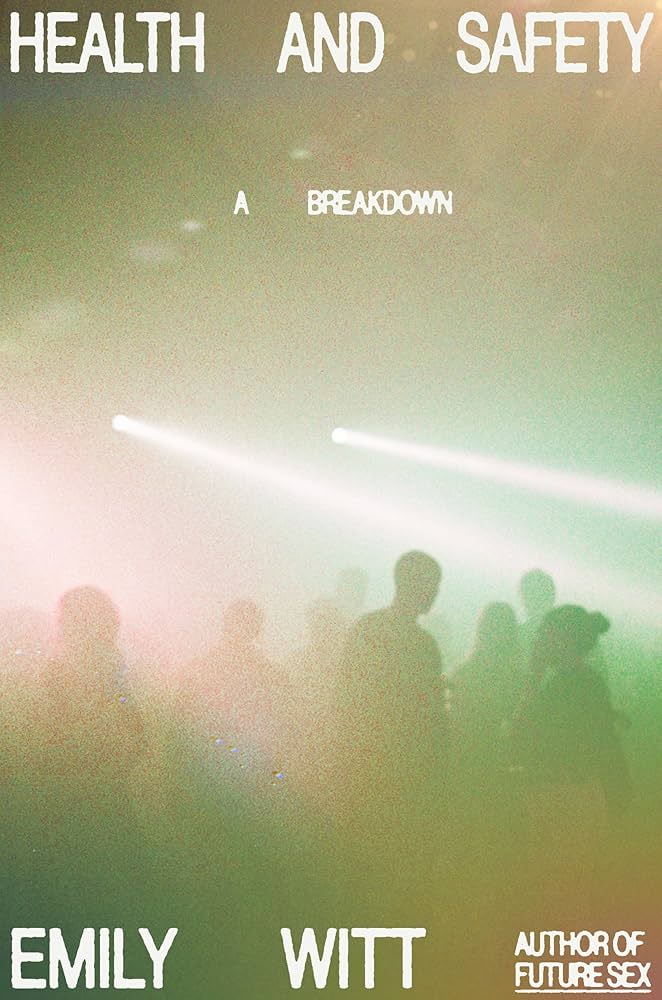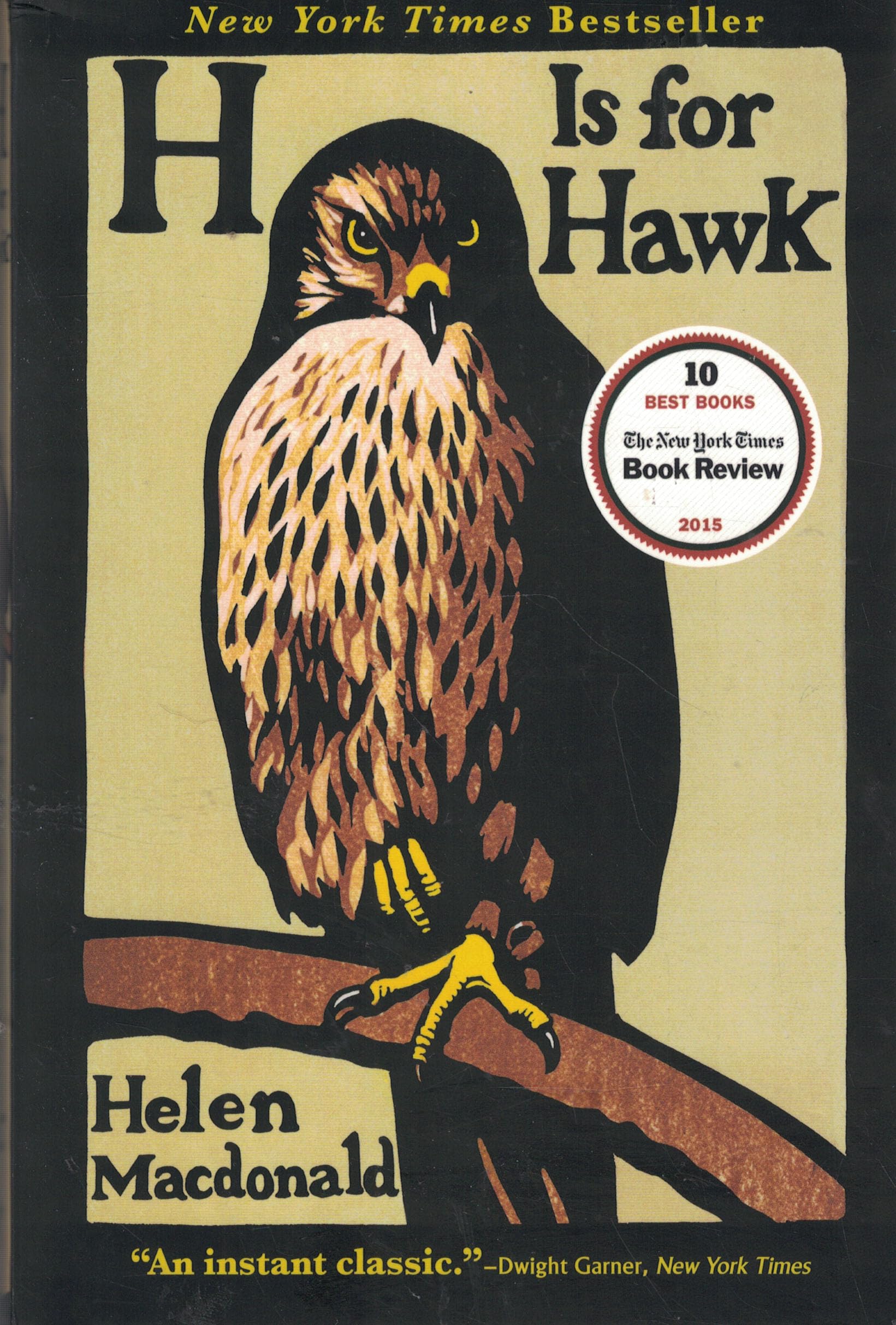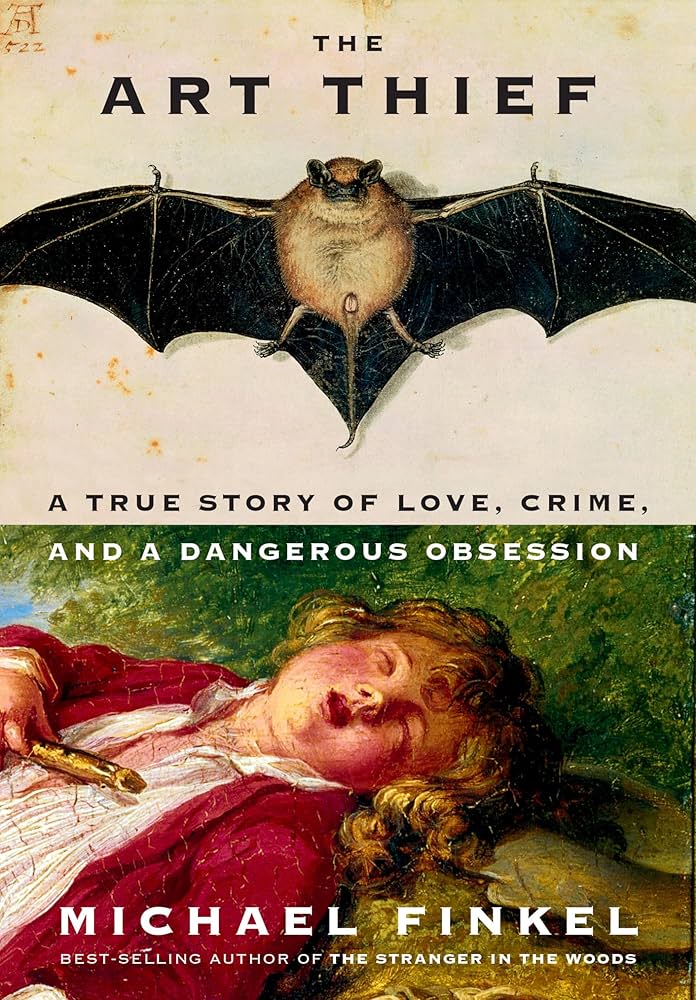Shame was my second book by Annie Ernaux (after Happening), and I can’t get enough of her writing. This book is less concrete than that one — where Happening was a slow build toward an excruciating climax, this one starts with the shocking event, then slowly explores the lasting scars it left on her upbringing. It’s every bit as meticulous, methodical and memorable as Happening.
“My father tried to kill my mother one Sunday in June, in the early afternoon”
That’s the first sentence: the story starts with her father’s attempt to kill her mother in 1952. Twelve-year-old Ernaux witnessed it, and describes the event and the immediate aftermath in the first pages of the book, before zooming out to try to contextualize it in her childhood and upbringing.
She goes into great detail about her unnamed town (Lillebonne), the culture around it, her Roman Catholic upbringing in post WWII France, the schools she attended, and excavates how the event affected her self-image, her position in the social structure, and the relationship with her parents and others after the fact.
Both the town’s culture and the Roman Catholic upbringing resonated with me — she describes how insular the community is, the judgment of others (even from identical small towns), the shame that comes from the Church, and the feeling of insecurity and shame that overtakes her as her world expands.
Mostly it’s an exploration of how trauma echoes in every aspect of our lives, especially when it happens to a young person. The trauma, in Ernaux’s case, manifests as shame, as she’s sure that everyone she encounters is aware of her past and judging her for it.
It’s a gorgeous book – I read several sections more than once. Ernaux can crystallize a moment in a way that no other writer can. Shame wasn’t as devastating and horrifying as Happening (and was published three years prior to that one), but Ernaux is able to do more in 100 pages than most authors do with three or four times that.


